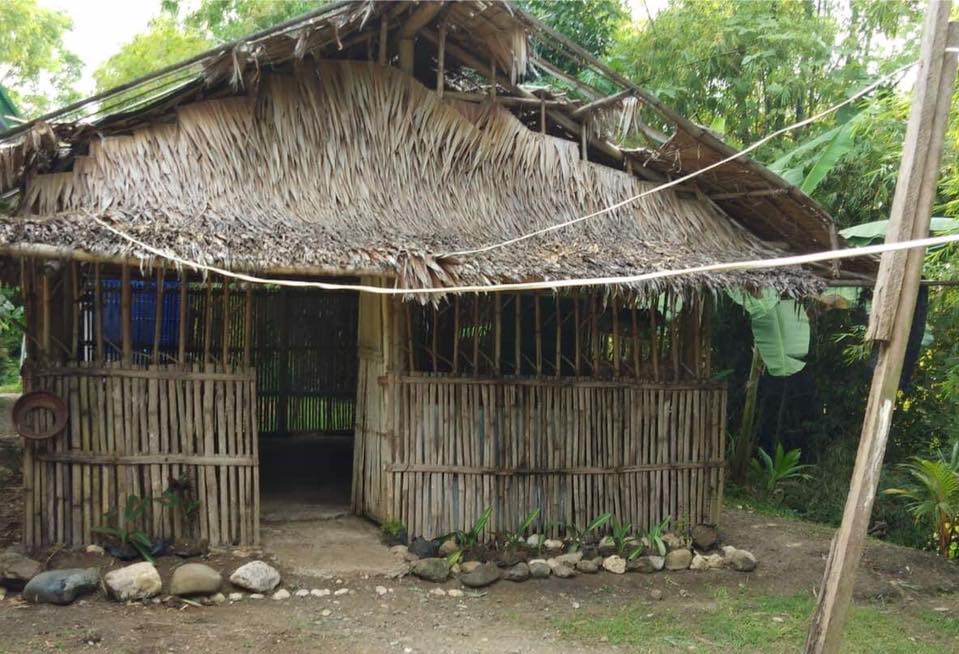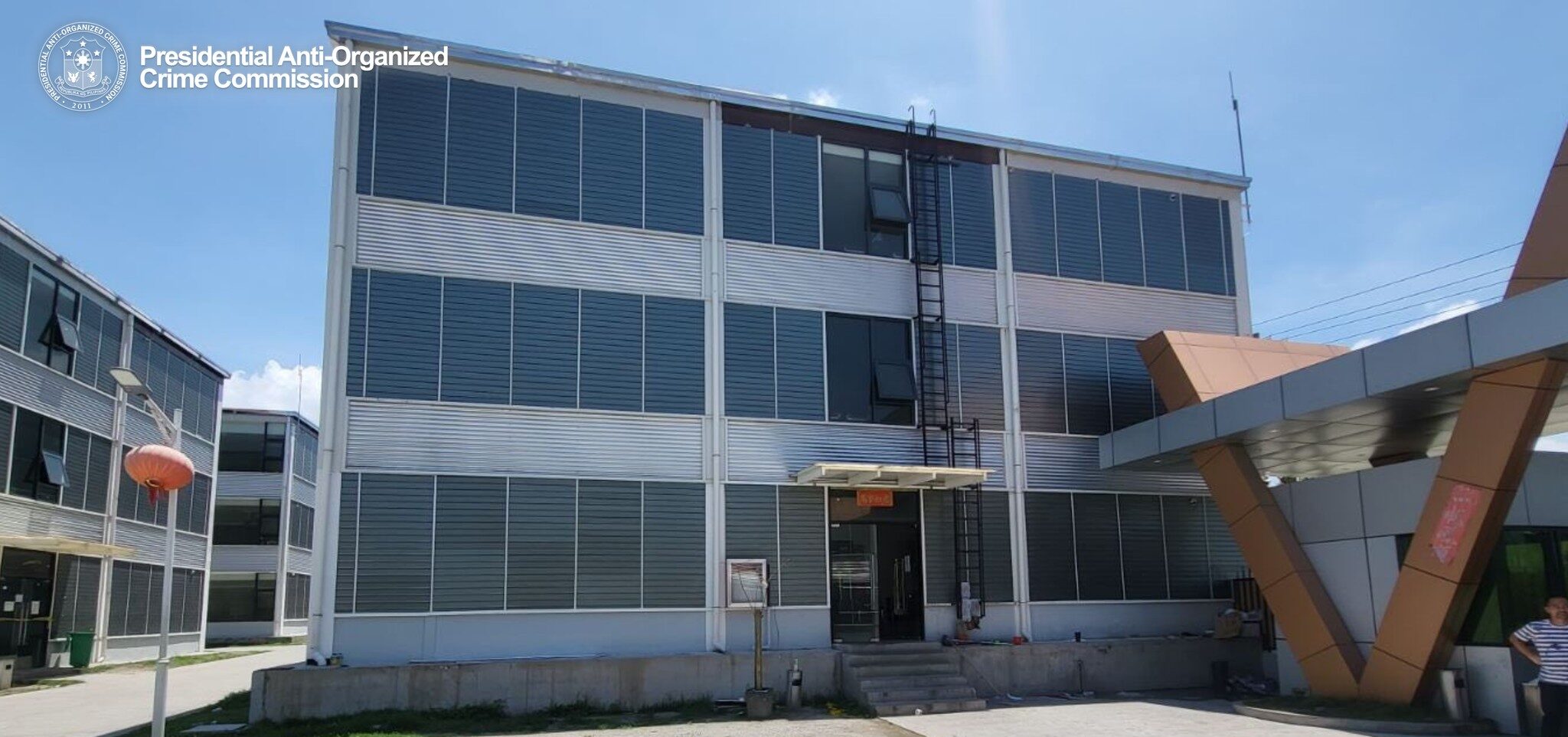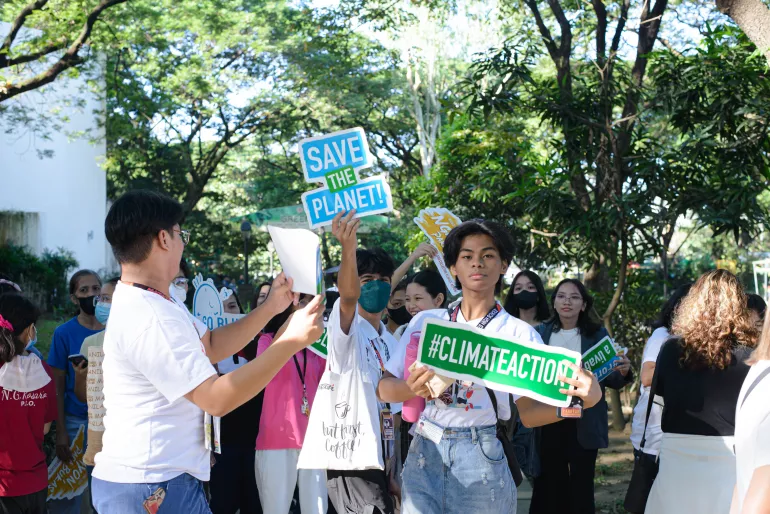The House of Representatives unanimously passed on third and final reading House Bill 10823 which aims to build ‘Last Mile Schools’ to improve education access in remote and conflict-affected areas.

Students of Camangahan Elementary School used to have their extension classes in this nipa hut. Today, two buildings, each with three classrooms, stand in the compound to improve the facilities and learning experience of students. Photo by DepEd.
House Bill 10823 focuses on establishing public basic education schools. It also aims to provide essential infrastructure, including access roads leading to Last Mile Schools.
The bill sets out a five-year roadmap for the education system to bridge gaps and support the development of communities.
Key objectives include building and upgrading school infrastructure, deploying and training qualified teachers, providing essential learning materials, engaging local communities in school activities and implementing monitoring and evaluation mechanisms.
Among the bill’s authors are Representatives Roman Romulo, Joey Sarte Salceda and Gloria Macapagal-Arroyo.
“This bill is a significant step toward ensuring that every child has the opportunity to learn and succeed,” said Romulo.
Also known as the Last Mile Schools Act, the bill “is not just about building schools but establishing the future. It is about ensuring that no child is left behind, regardless of where they live, no matter their cultural background, and notwithstanding the challenges posed by our country’s geography,” he said on September 9 when it was approved on second reading.
The new legislation builds on the Department of Education’s (DepEd) Last Mile Schools Program, launched in July 2019.
Last Mile Schools are geographically isolated or in a disadvantaged or conflict area. They are typically small institutions with fewer than four classrooms often makeshift and non-standard. They also lack basic amenities, such as electricity and internet connection.
Many of these schools serve a small number of students, predominantly from indigenous communities.
The initiative also includes installing solar panels in areas without electrification and processing land ownership to facilitate construction.
The passage of the bill comes weeks after the revelation of a Commission on Audit report. The commission flagged DepEd’s slow construction of schools, including Last Mile Schools.
The report showed that DepEd only finished 3% or three out of 88 Last Miles Schools targeted for 2023. However, carrying over the funds and targets from 2020 to 2022, DepEd completed 39% or 73 out of 189 schools.


